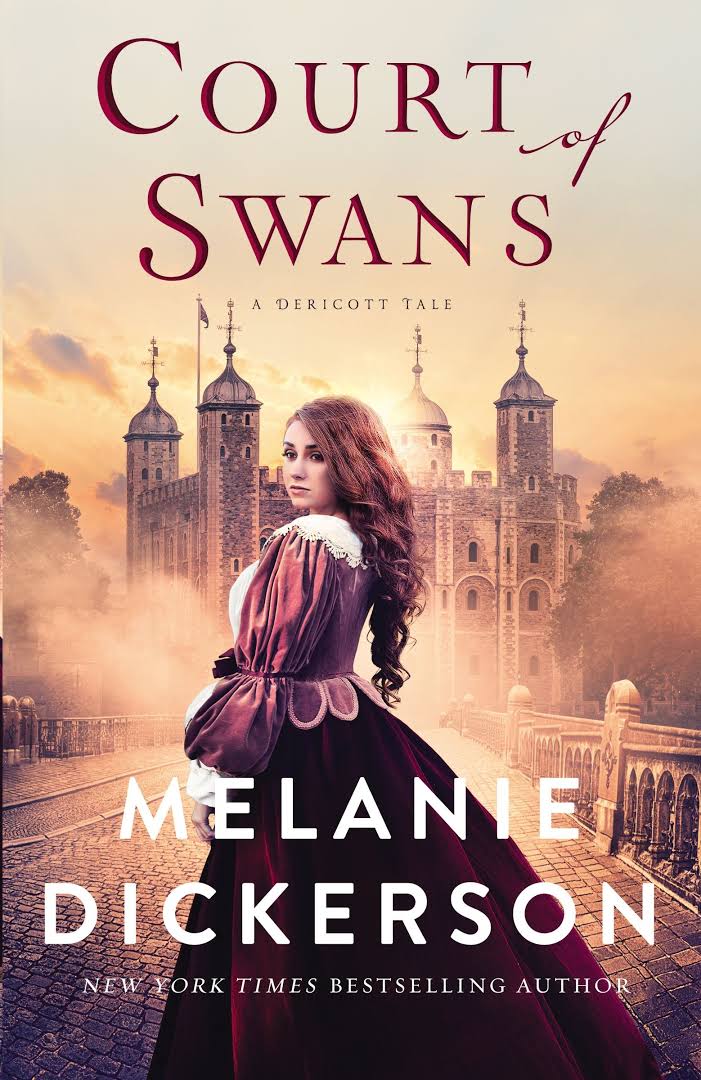 Court of Swans, by Melanie Dickerson, Jan. 5, 2021, Thomas Nelson, $18.99 (young adult)
Court of Swans, by Melanie Dickerson, Jan. 5, 2021, Thomas Nelson, $18.99 (young adult)
A young woman sets out to save her brothers against all odds in Melanie Dickerson’s Court of Swans.
England, 1381: Delia’s idyllic life as daughter of an earl is shattered when her father dies and his wife accuses Delia’s seven brothers of treason and murder. The youngest is only ten years old, but this doesn’t stop the guards from hauling them off to the Tower of London. There they await a grim fate, as child-king Richard II is executing anyone who poses a threat to his throne. Delia is their only hope for pardon and freedom.
Sir Geoffrey did not expect his first assignment as captain of the guard to be the arrest of boys so young. He dutifully imprisons the brothers, but he can’t ignore the sense, rooted in personal experience, that injustice and treachery are at work.
Determined to rescue her brothers, Delia secures a position as a seamstress for the queen. Her quest is all but impossible as the executions continue. Sir Geoffrey offers to be her ally, but should she trust him in a court where everyone has an agenda? —Synopsis provided by Thomas Nelson
I really, really wanted to like Court of Swans, but the religious overtones ruined it for me. I’m not a stranger to Christian fiction. I believe it can be written well, with strong crossover appeal. That could have been the case with Court of Swans, but it feels like the author is trying to shoehorn it in.
For example, more than once, Dickerson refers to the English language version of the holy writ (aka Bible) conveniently translated by monks at nearby monasteries.
Court of Swans is set in 1381. John Wycliffe didn’t complete his English translation of the New Testament until 1380. The Old Testament followed a few years later. Prior to that, some sections, mostly psalms, were translated to English from the preferred Latin.
It’s frustrating that the author practically ties herself in knots trying to explain how Delia knows the Holy Writ. Yes, this scenario is possible, but more unlikely than not. And definitely not with the tones of modern Christianity.
People living in the middle ages were religious, many devout. If Dickerson had stuck closer to the history books, I potentially could have believed her characters’ motivations. Instead, Delia in particular, comes across as one note. She experiences little growth and feels as if she’s playing a part rather than living the events.
I have read, and enjoyed, Dickerson’s prior books, but this one just fell flat on all levels. I’d suggest checking it out from the library prior to purchase.
Court of Swans is the first book in a planned duology. The second book is slated for a June 2021 release.
